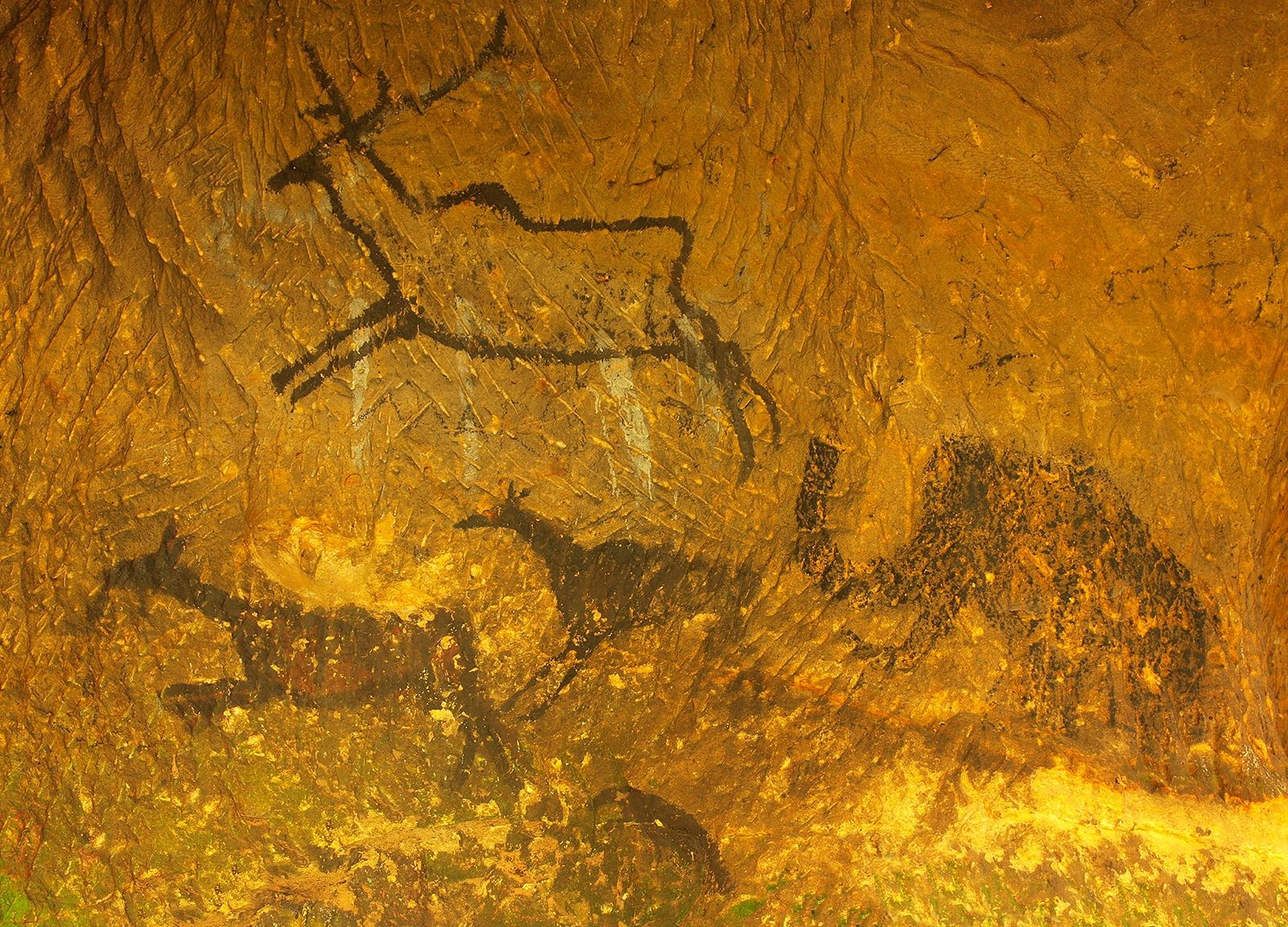
Overview
An exploration of how evolutionary thinking can affect our understanding of our lives, our species, and our ability to share the planet with other species. LEARNING HOURS 120 (36L;24O;60P)
Learning Outcomes
After completing BIOL350, students will be better equipped to:
- identify and define the urgent challenges facing human civilization today, and why many authorities warn that ‘business as usual’ cannot be sustained;
- describe how and why the effects of Darwinian evolution have brought us to this critical stage in the history of humanity;
- explain how an understanding of this ‘human journey’ helps to account for a wide range of contemporary human affairs and cultural norms;
- evaluate why philosopher, Blaise Pascal considered that, “All of humanity's problems stem from man's inability to sit quietly in a room alone” (Pensées, 1670) ― and why poet, T.S. Eliot mused, “…humankind cannot bear very much reality” (No. 1 of Four Quartets, 1943);
- predict how the genetic legacies inherited from our ancestors, and how our continuing evolution as a species — informed by both natural selection and cultural selection — are likely to affect our human natures, our social lives, and our cultures in future generations;
- participate in prescribing a way forward for the design of a new, more sustainable, and more humanistic model of civilization for our descendants.

